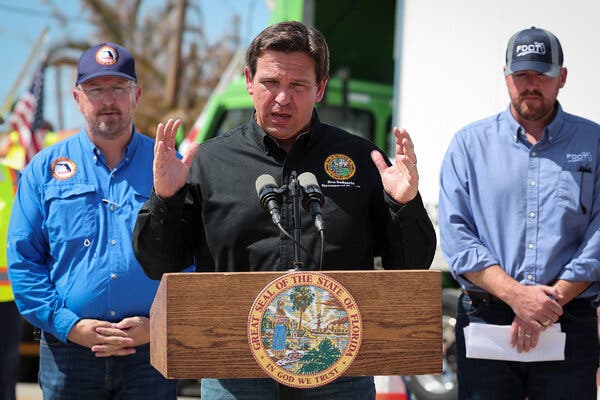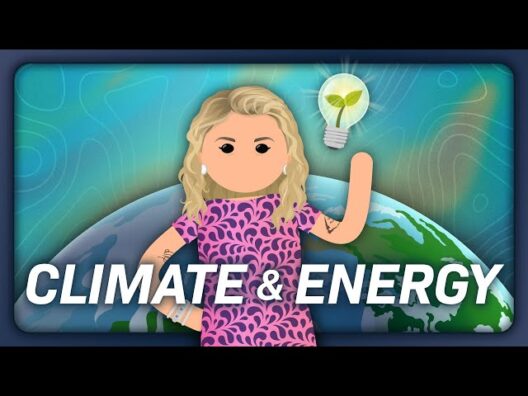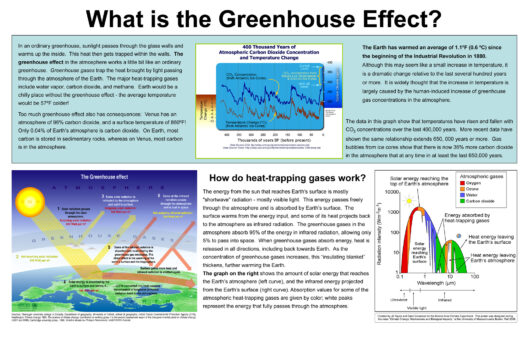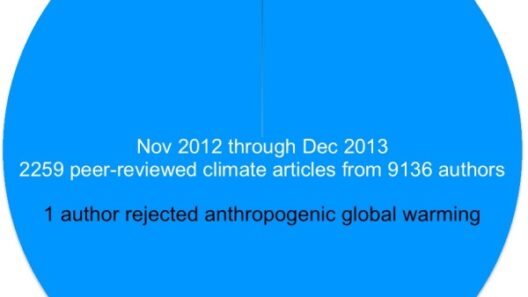Governor Ron DeSantis of Florida has become a polarizing figure in American politics, particularly when it comes to the pressing issue of climate change. As a state prone to hurricanes, rising sea levels, and other climate-related challenges, Florida’s environmental policy has far-reaching implications for its residents and ecosystems. Understanding DeSantis’s approach to climate change reveals not only his political maneuvering but also reflects broader national debates about environmental stewardship.
At the heart of DeSantis’s environmental strategy lies a controversial decision: the repeal of climate change language in state policy. This abrupt shift is emblematic of his administration’s stance, favoring a narrative skeptical of broad climate science consensus. Critics suggest this strategic pivot may stem from a desire to appeal to a voter base that prizes economic growth over environmental regulations, particularly within a state heavily reliant on tourism and agriculture.
Yet, DeSantis has demonstrated a level of pragmatism that complicates the narrative of outright denialism. Despite the apparent dismissal of climate change as a policy priority, he has acknowledged the real threats posed by natural disasters. His administration has initiated measures for disaster preparedness, and he has invested in projects aimed at flood mitigation and resiliency. This juxtaposition presents a paradox: while the administration may downplay the causative factors of climate change, it simultaneously recognizes the necessity for proactive measures in a climate-changing world.
As Florida grapples with the aftermath of increasingly severe weather events, the question arises: what is the ultimate goal of DeSantis’s environmental agenda? Is it a simple matter of political expediency, or is there a tailored approach designed to placate both environmental advocates and economic libertarians? The reality may lie somewhere between these extremes.
Another intriguing facet of DeSantis’s policies stems from his relationship with industry stakeholders. The Florida economy is intertwined with sectors that are both part of the problem and potential solutions to climate change. DeSantis has cultivated relationships with influential business leaders, leaning towards policies that encourage investment in renewable energy sources and sustainable practices, albeit within a framework that does not expressly label these initiatives as responses to climate change. This creates an atmosphere of reluctant progress; advancements in renewable initiatives occur, but without the accompanying acknowledgment of their role in combating climate change.
Furthermore, the intricate tapestry of state environmental policy under DeSantis showcases a delicate dance between aggression and assertion. His administration has been criticized for rolling back protections meant to preserve Florida’s unique ecosystems, such as the Everglades, while simultaneously promoting the need for resilient infrastructure. How does one reconcile such contrasting actions? It appears to reflect a fundamental ambivalence toward the overarching climate crisis, prioritizing economic stability while ignoring the ecological consequences.
The shifting narrative around environmental law in Florida is also indicative of a broader trend in the Republican Party. Climate change skepticism has become a litmus test for conservatism, effectively sidelining critical discourse around environmental policy. DeSantis’s approach, while ostensibly aligning with party lines, has significant implications for future generations. By systematically removing climate change from the conversation, there is a tangible risk that Floridians may remain unprepared for the realities of a changing climate.
The aesthetic appeal of Florida, with its sun-soaked beaches and rich biodiversity, may ultimately be compromised by an administration that appears reluctant to address the long-term implications of climate change. The irony lies in the fact that many of the very economic drivers DeSantis aims to protect—tourism, agriculture, and fishing—are under siege from the very environmental changes he downplays. Hence, the tangible effects of inaction may soon eclipse any short-term economic gains anticipated through regulatory rollbacks.
Looking forward, the future of Florida’s environmental policy remains uncertain. With the gubernatorial race looming, candidates from both parties must grapple with the urgent question of how to confront climate change as part of Florida’s identity. This complex landscape of political ideology, economic imperatives, and environmental challenges will require thoughtful discourse—a feat that remains elusive. The question lingers: will DeSantis evolve from a denialistic approach to one that embraces the necessity of climate action, or will he continue to prioritize short-term political gains over long-term environmental integrity?
In conclusion, DeSantis’s policies reflect a complicated interplay of economic fidelity and environmental negligence. The atmospheric urgency surrounding climate change demands that leaders not only recognize the science but also implement effective policies that safeguard both the economy and the natural world. Florida stands at a crucial crossroads, caught between political ideologies and the undeniable impact of climate change. The choices made now will reverberate for generations, shaping not only the landscape of Florida but also the cultural and environmental legacy of a state defined by its unique ecological treasures.








